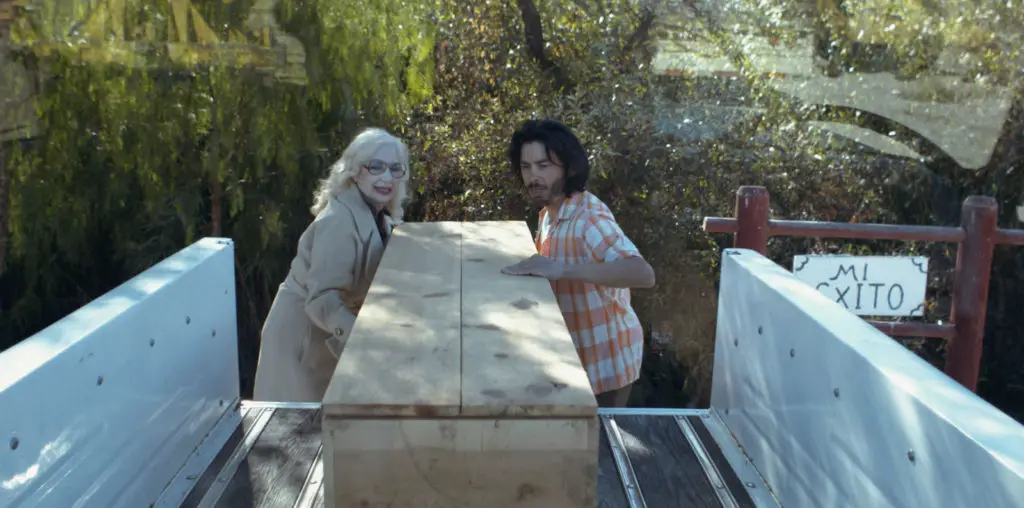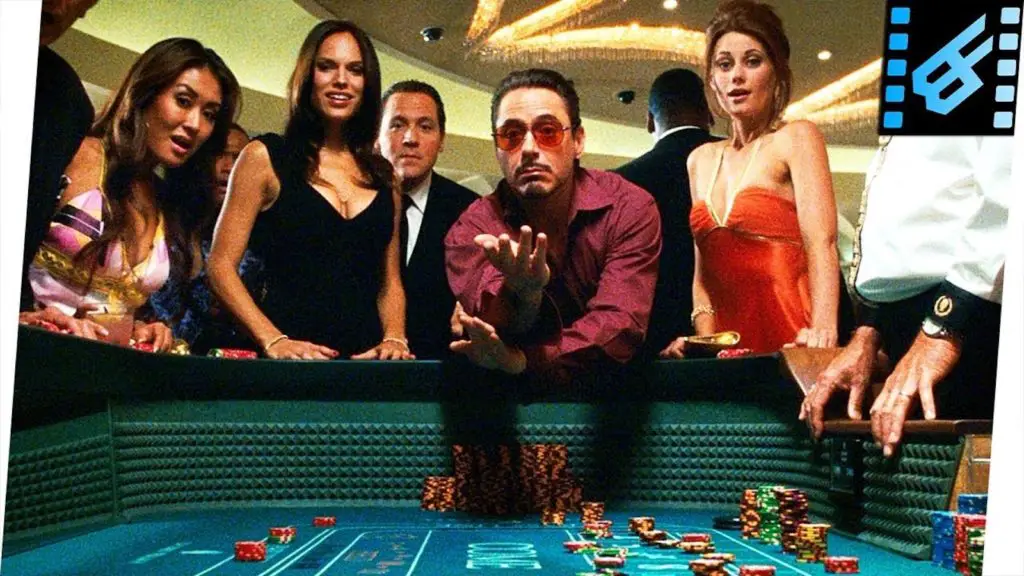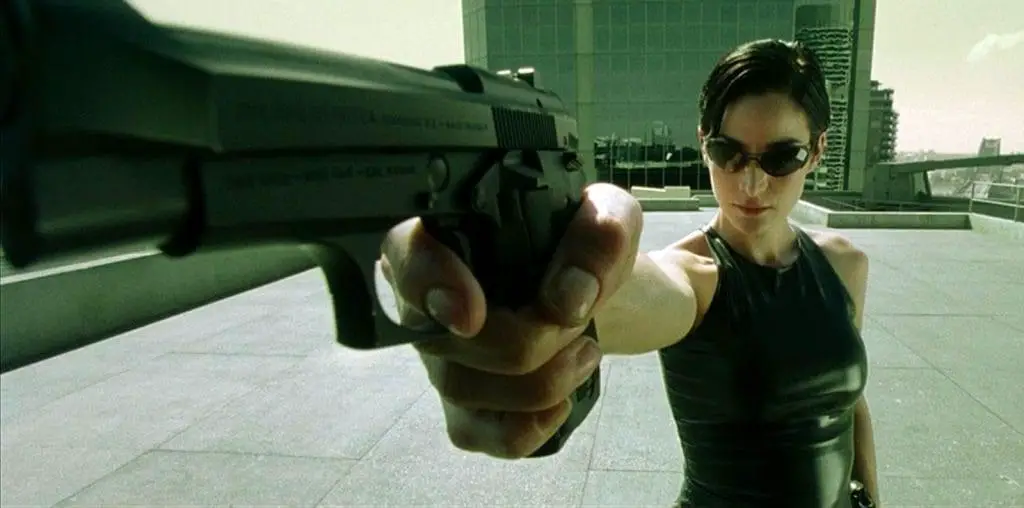
“Very few films are as prophetic as ‘Class of 1984,'” intones it’s creator, writer-producer-director Mark L. Lester, a grim reminder of how the landmark film foretold of the rampant school violence that has rocked the world we live in today.
Lester, who’s also been responsible for such films as “Bobbie Jo and the Outlaw,” “The Funhouse” (which he produced), “Firestarter” and the “Class of 1984” sequel “Class of 1999,” he saw it all coming more then twenty years ago, when he did research for the infamous and now classic film. The film opens with gruesome statistics of school violence that seemed the stuff of comic book pulp fantasy. Not so. “It was all true,” recalls Lester adding, “I was shocked myself. The numbers may have been exaggerated a bit but that was the reality, and this is twenty years ago, years away from stuff like the Columbine massacre. It was bad back then, people just didn’t notice.”
Ironically, Lester’s background gives no clue as to the kinds of films he would go on to create. Born in Cleveland, Lester migrated to California, and by the middle of the sixties, after a long gestation period, was knee deep in the San Francisco flower power scene.
“I didn’t go to your typical big LA film school,” says Lester. “I started out in San Francisco, making shorts, they were films mostly about Buddhism and politics.” Those films, “Twilight of the Mayas” (1971) and the wild, Watergate spoof satire “White House Madness” (1975) were interrupted by a couple of more violent, mainstream Hollywood pictures, the exploitation trash classics, “Steel Arena” (1973) and the women in brothel action-western, “Truck Stop Women” (1974). Both films gave Lester a chance to shoot a lot of action and violence, something that would serve him well, on his first big feature, 1976’s “Bobbie Jo and the Outlaw.”
Scripted by “Fade to Black” creator Vernon Zimmerman, Lester’s first real feature was a Bonnie and Clyde knock off, starring Marjoe Gortner as a desperado who through fate and bad luck ends up on a cross country killing spree. “Vernon wrote the script and I thought he did a really good job,” recalls Lester of the AIP cult classic. “His character in the film, he thought he was Billy the Kid, but everyone thought he was the bad guy. I wanted the movie to be very violent. Belinda Balaski of ‘The Howling’ also had a role in the film, but actually I don’t recall ever meeting her much. Her stuff was shot elsewhere. I wanted a young cast on that film, lively actors to show the horrible fate that awaits these characters.”
Balaski played a drive-in waitress who goes along with Gortner and his gun happy girlfriend, played by “Wonder Woman” star Lynda Carter, on their eventual killing spree. “Class of 1984” star Merrie Lynn Ross also starred in the film along with perennial bad a*s favorite Jesse Vint.
Maybe the most interesting thing about the film were it’s technical credits. Aside from scripter Zimmerman, one of Lester’s assistant directors was none other then genre favorite Chuck Russell of “The Blob” and “Nightmare 3” fame. “Chuck was a great guy,” recalls Lester. “He was my second assistant and he also shot some stuff. I just remember him being this really hungry young guy who was trying to make his break. I certainly could never have predicted the type of career he’s had. I actually gave him a small part in the film. He plays a Sheriff near the end.”
Following “Bobbie Jo,” Lester spent the next couple of years searching around for his next big project, when he had a meeting with none other then infamous “Halloween” producer Irwin Yablans, who by early 1979 was basking in the box office success of the film and as Lester explains it, eager to make more movies fast.
“Irwin and I got along great. He was very eager to finance more movies after ‘Halloween,'” recalls Lester. “I met Irwin in Cannes and we started talking movies and he wanted to know if I had any ideas. Well, a few weeks later I was roller skating in Venice and you know, roller stuff was a really big fad back then, so that’s when I got the idea for ‘Roller Boogie.’ Irwin bit and we were shooting in no time.”
Get the whole story and read part two of DIRECTOR MARK LESTER AND THE CLASS OF 2002>>>


